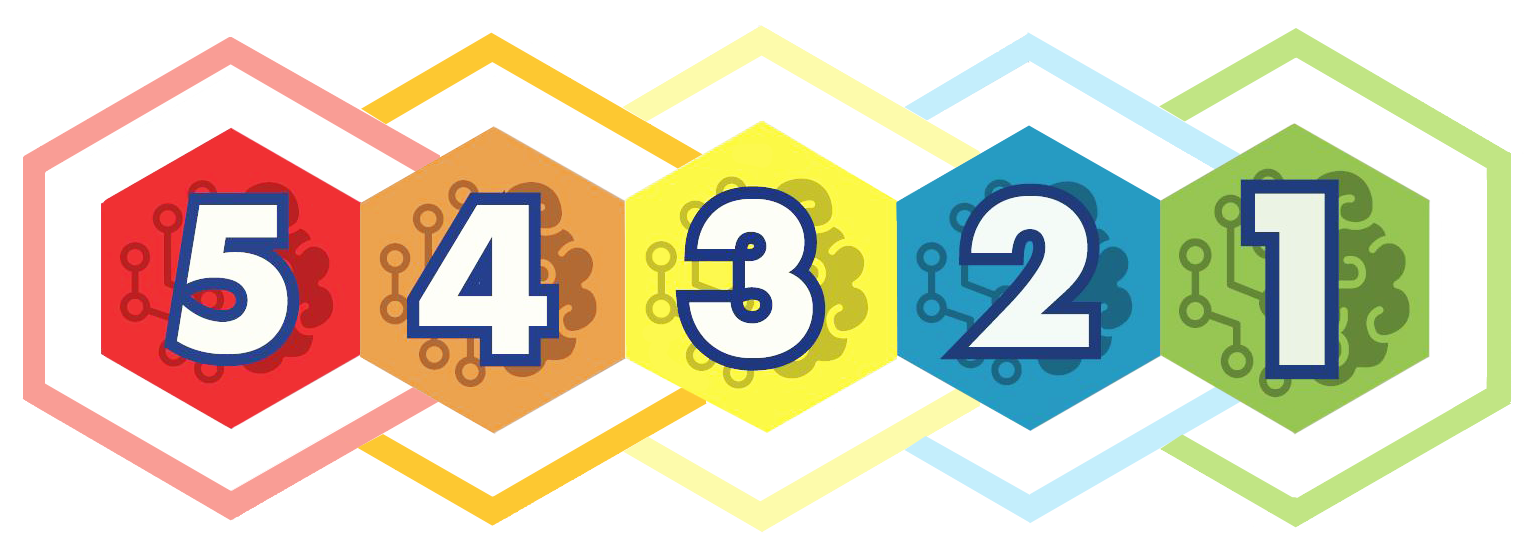Why do students use Ai tools for their school work?
Exploring Student Motives for Using AI in Assignments: An Ethical Perspective
In the evolving educational landscape, artificial intelligence (Ai) tools have emerged as powerful resources for students. However, their use has sparked a range of ethical discussions. Understanding the motives behind students’ decisions to use Ai—whether to enhance learning or skirt academic integrity—provides insight into how educators can address these challenges more effectively.
On the Positive Side: A Tool for Enhancement
Many students view Ai as an extension of their academic toolkit. For these individuals, Ai tools serve as a means to deepen their understanding of complex concepts, refine their writing, or simulate ideas. Students who use Ai ethically typically leverage it to overcome educational barriers, such as limited access to tutoring or academic support. For example, Ai can help non-native speakers enhance their language skills, making their work more polished and comprehensible. In these cases, students see Ai as a legitimate aid that fosters creativity and academic growth.
On the Negative Side: A Shortcut to Success
Conversely, some students use Ai to bypass academic rigor, often viewing it as a convenient shortcut to complete assignments with minimal effort. Their motives might include time constraints, lack of interest in the subject matter, or simply the pressure to achieve high grades. This perspective treats Ai not as a learning tool but as a way to produce work that is not authentically theirs. These students may feel justified in their actions if they perceive the educational system as focusing more on outcomes than genuine learning. As a result, they prioritize results over integrity.
Bridging the Ethical Divide
Educators must understand these varied motives to guide ethical Ai use. Creating a learning environment that values process and understanding over performance can encourage students to use Ai responsibly. Addressing ethical dilemmas requires transparency, support, and fostering a culture where Ai is viewed as a tool for learning, not an escape from it. Dr. Torrence Temple noted when forming GAiIT that Ai shouldn't be used if what your asking it to do isn't one of your pre-existing skill sets - especially if the activity is one of self-disclosure or reflection.

